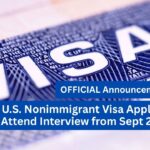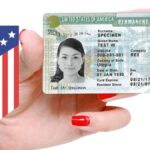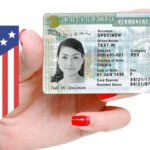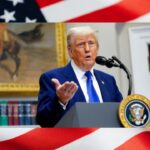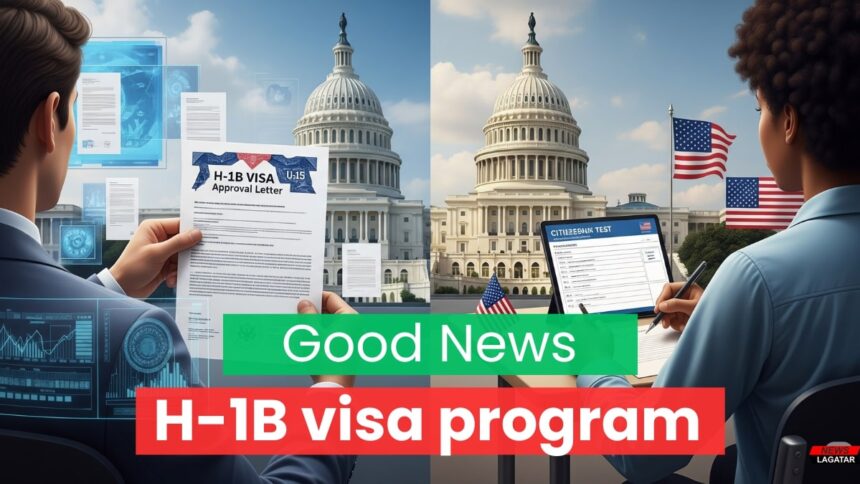Trump Administration Moves to Restructure H-1B Visa Program
The H-1B visa program—a vital pathway for U.S. companies to hire high-skilled foreign workers—is set for a significant overhaul under the Trump administration. Joseph Edlow, the new head of U.S. Citizenship and Immigration Services (USCIS), confirmed that a proposal for a new selection process has already been submitted to the White House by USCIS and the Department of Homeland Security (DHS).
The proposed reforms aim to prioritize applicants based on skills, experience, and salary, rather than the current random lottery system.
“We want the H-1B visa program to reward employers who offer better pay and hire top-tier talent,” Edlow stated.
This approach could favor businesses offering higher wages, addressing concerns from Republican lawmakers who argue the current system encourages hiring foreign workers at lower pay, displacing U.S. employees.
Key Differences in the H-1B Visa Program
| Current System | Proposed Changes |
|---|---|
| Randomized lottery selection | Skill-, salary-, and experience-based selection |
| Equal chance for all applicants | Priority for higher-paying job offers |
| 85,000 visas issued annually | No cap change yet, but eligibility may become more selective |
| No wage preference in selection | High-wage employers may be prioritized |
The H-1B visa program has long been a flashpoint in U.S. immigration debates, especially among Republicans. While some political figures like Vice President JD Vance have criticized companies that replace U.S. workers with H-1B hires, many in the tech sector argue the program is essential due to a domestic shortage of qualified talent.
“H-1B should supplement, not supplant, the U.S. workforce,” Edlow emphasized.
Critics Warn Against Salary-Based Bias
Not everyone supports these changes. Doug Rand, a former Biden administration official, warned that basing the H-1B visa program on salary would unfairly penalize new graduates and entry-level workers.
“The H-1B visa program is the primary way to hire top international graduates, and Congress never gave DHS the authority to favor high salaries,” Rand said.
U.S. Citizenship Test May Become Tougher
In addition to reforming the H-1B visa program, Edlow announced plans to revise the U.S. citizenship test. He described the current version as “too easy” and said it doesn’t fully reflect an applicant’s understanding of American civics.
Currently, immigrants must study 100 questions and answer 6 out of 10 correctly. During Trump’s first term, the test was made harder—doubling the questions and increasing the passing score to 12 out of 20. That version may be reinstated soon.
“We want future citizens to deeply understand U.S. history and values,” Edlow said.
What This Means for the Future
The proposed changes to the H-1B visa program and citizenship test signal a broader push toward merit-based immigration. Supporters believe it will raise the standard for both workers and future citizens, while critics fear it could limit opportunity and diversity.
Whether these proposals will be adopted depends on the federal rule-making process, which includes public comment and legal review.
Also Read: Trump Administration Plans Changes to Skilled Worker Visas and Citizenship Test USA 2025

